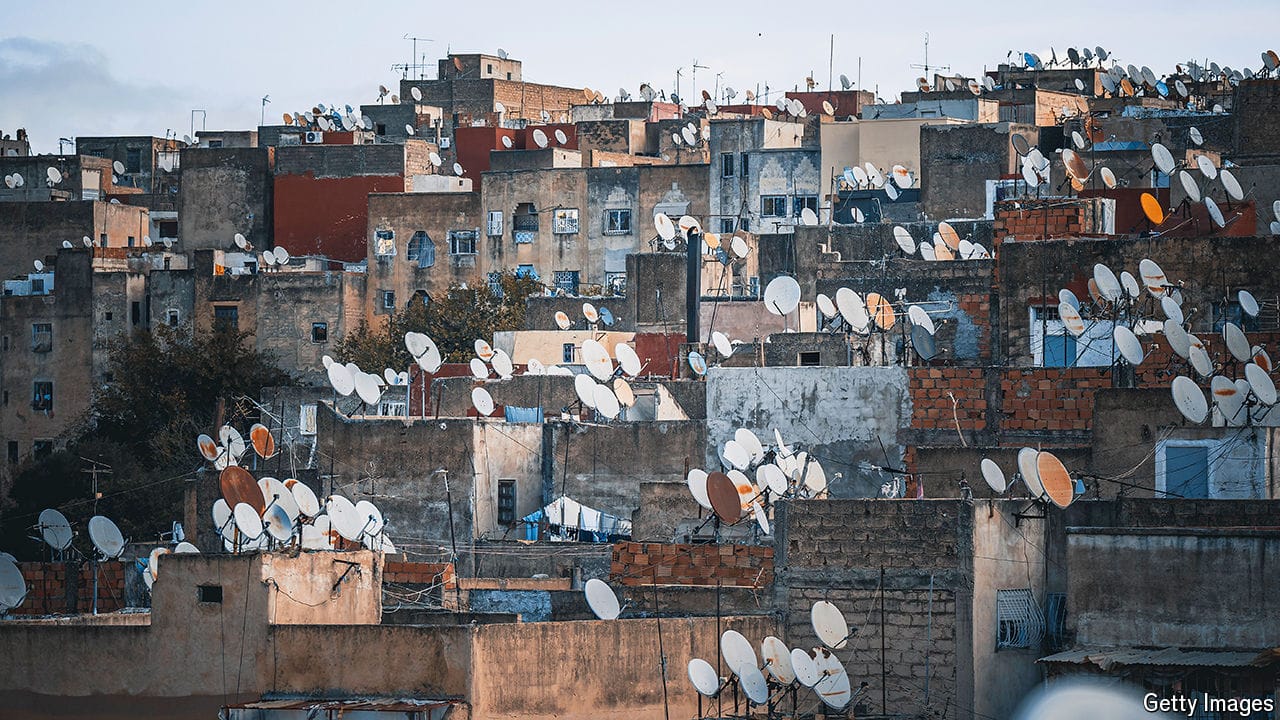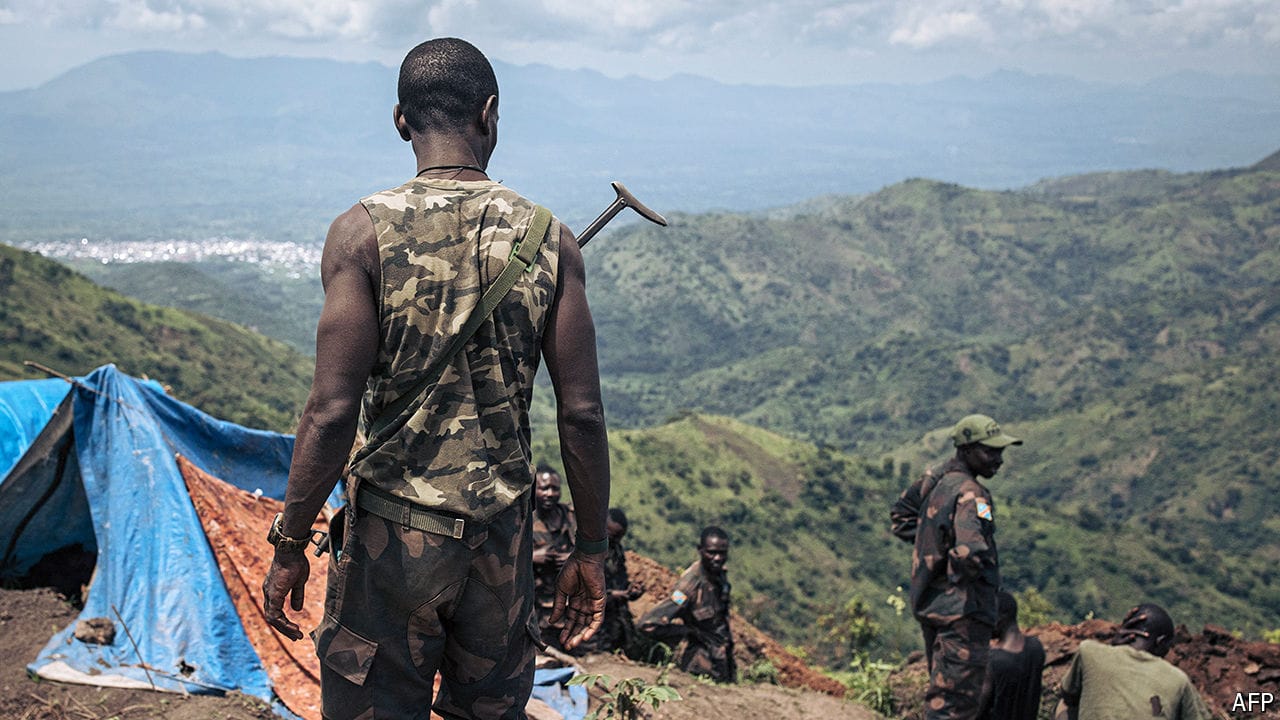The president of Somaliland is bargaining for recognition
But a war at home has not helped his case

The text is secret and the deal might yet fall through. But the memorandum of understanding signed by Ethiopia and Somaliland on January 1st has sent shock waves through the Horn of Africa. Somaliland, which declared its independence from Somalia in 1991, says that Ethiopia will become the first country to grant it recognition. In return, it will give its landlocked neighbour access to the sea.
The deal has outraged Somalia, which describes it as an act of “aggression”. In April it expelled the Ethiopian ambassador. Now it is threatening to do the same to more than 8,000 Ethiopian soldiers who are stationed on its soil to fight al-Shabab, a jihadist group linked to al-Qaeda. But in Somaliland, a de facto state with its own government, flag, army, currency and courts, the mood is very different. “We are struggling for our independence, as every other country in the continent…has done,” says Muse Bihi Abdi, the president of Somaliland, speaking to The Economist in Hargeisa, the capital.
This article appeared in the Middle East & Africa section of the print edition under the headline “Deal or no deal”
More from Middle East and Africa

Israeli retaliation in Lebanon seems inevitable
But it still wants to avoid all-out war against Hizbullah

Why the AI revolution is leaving Africa behind
Large infrastructure gaps are creating a new digital divide

Rwandan soldiers may outnumber M23 rebels in Congo
The prospect of dislodging the rebels is becoming dimmer
Bibi Netanyahu offered spectacle over substance in America
His fourth address to Congress was historic, but held few answers for Israelis
Israel and the Houthis trade bombs and bluster
For now, though, neither side is a strategic threat to the other
The world court says Israel’s occupation is illegal
But will the International Court of Justice’s ruling have any effect?
